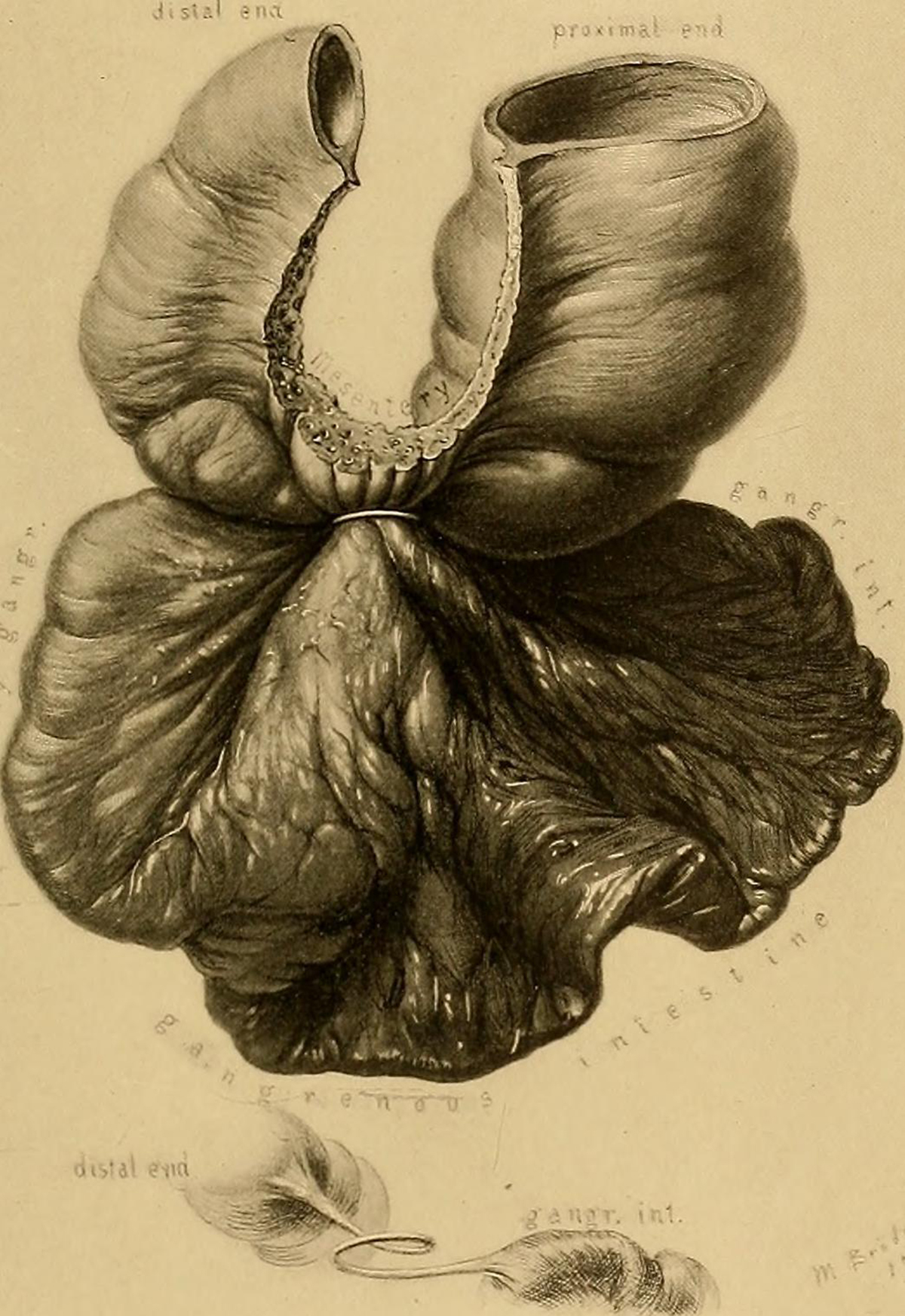
Abdominal or pelvic pain is quite common before or during menstrual period. It can sometimes be hard to know what the reason for this kind of abdominal pain is. A bladder or kidney problem, a bowel problem or problems with the uterus, fallopian tubes and ovaries can induce abdominal pain in women.
The reason for the pain can be involved with the problems in the urinary system. The usual problems of this kind are cystitis, inflammation of the collecting system of one or both kidneys, kidney stones or tumors, though they are not common. Burning upon urination accompanied by frequent urges to urinate are signs of an infection. The symptom of kidney problems is pain in the flank area. The pain may move to the lower part of abdomen. Kidney stone problems can cause extreme pain. If there is blood in the urine, you should see a doctor right away. That can be sign of an infection, benign or even malignant tumor.
Intestine and bowel problems can also cause pain in the abdomen. The pain coming from the bowel can result in abdominal pain and cramps. Irritable bowel syndrome can cause bloating of the lower stomach and gas. Blood in the stool should be immediately reported to the doctor.
Pain can be caused by problems related to reproductive organs (uterus, fallopian tubes and ovaries). Pain is often localized in the middle of stomach, but sometimes, it can be more on one side of the stomach. That is usually the case when there are ovarian problems. The pain can occur while having sex or increase during menstrual days. Women can experience lower right abdominal pain due to ectopic pregnancy, endometriosis, pelvic infection, ovarian cysts, fibroids and problems during the early stages of pregnancy such as miscarriage. You need to visit your doctor if you feel severe pain in your stomach.
It is often suggested that the acute and chronic pain needs to be reported to your physicist. Doctor will help you, but first he will need to know something about your menstrual history, medical history and about emotional life and sexual life. He will also need to analyze your urine, examine your kidneys or uterus. He will probably do vaginal and rectal examination as well. He may also do some other examinations in order to find out more about your condition. Initial examination is very important because of the therapy. So you need to be honest when giving the necessary information.

















Your thoughts on this
Loading...